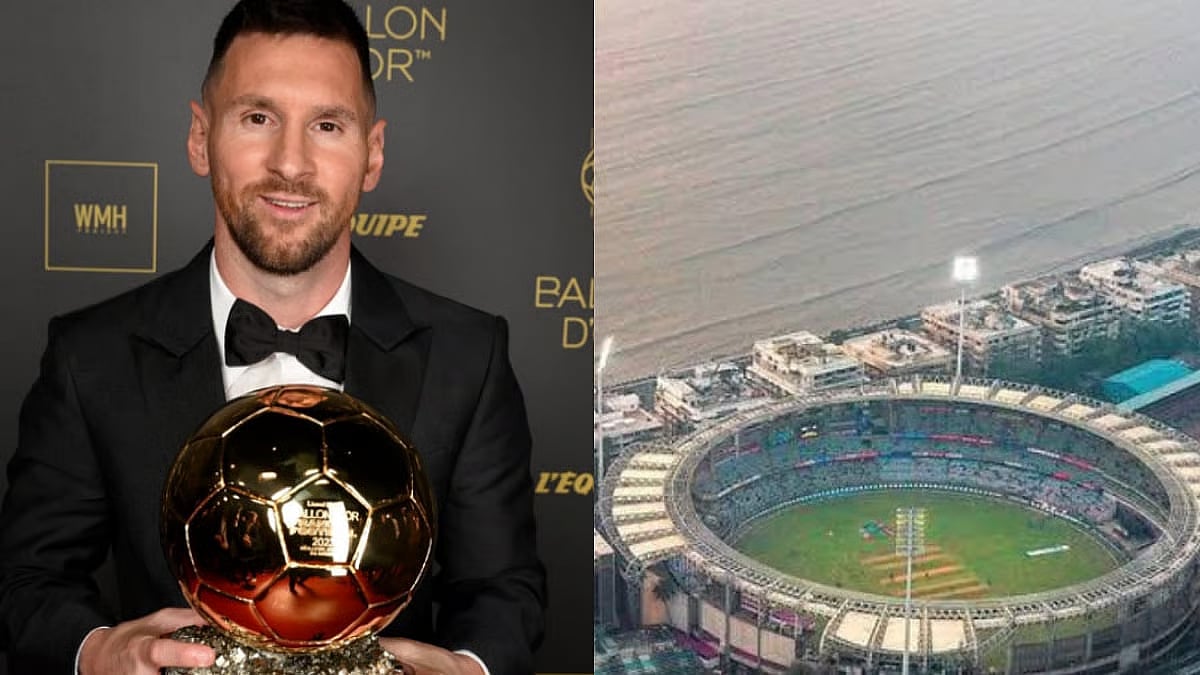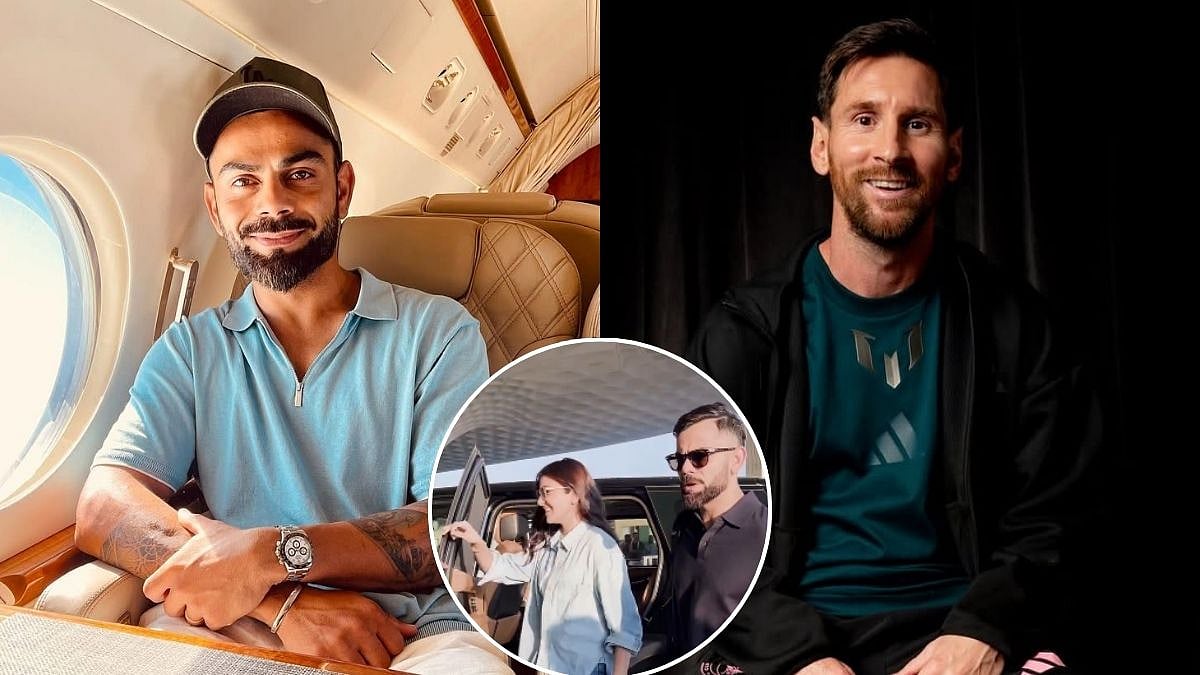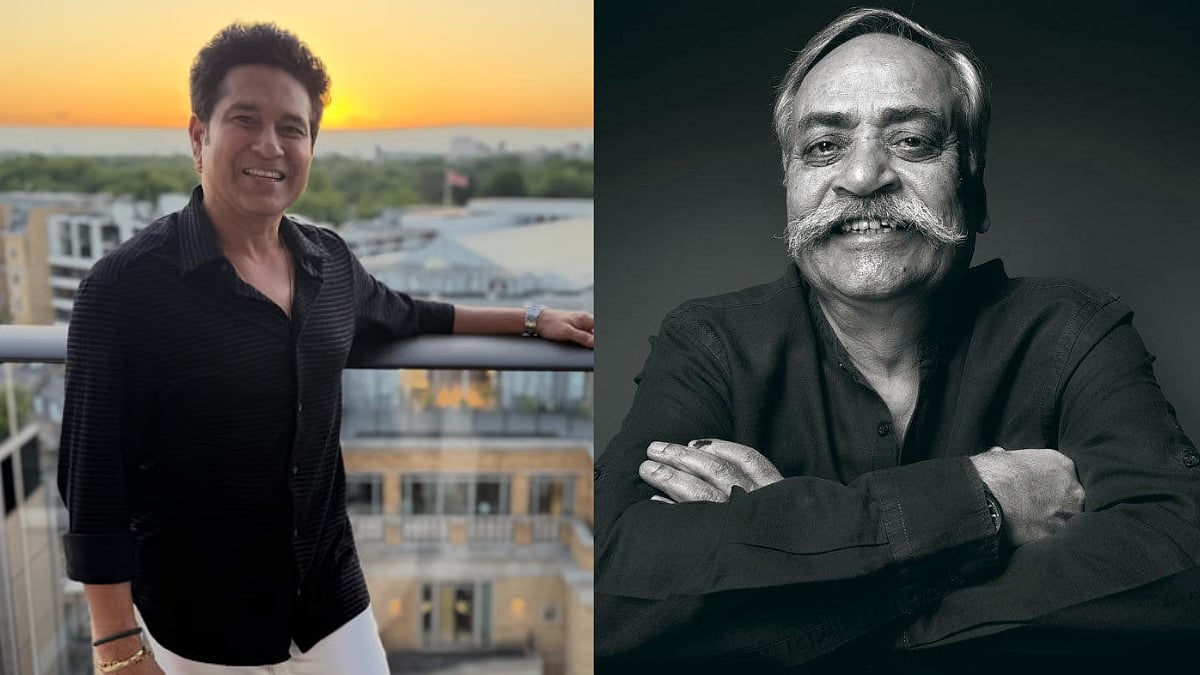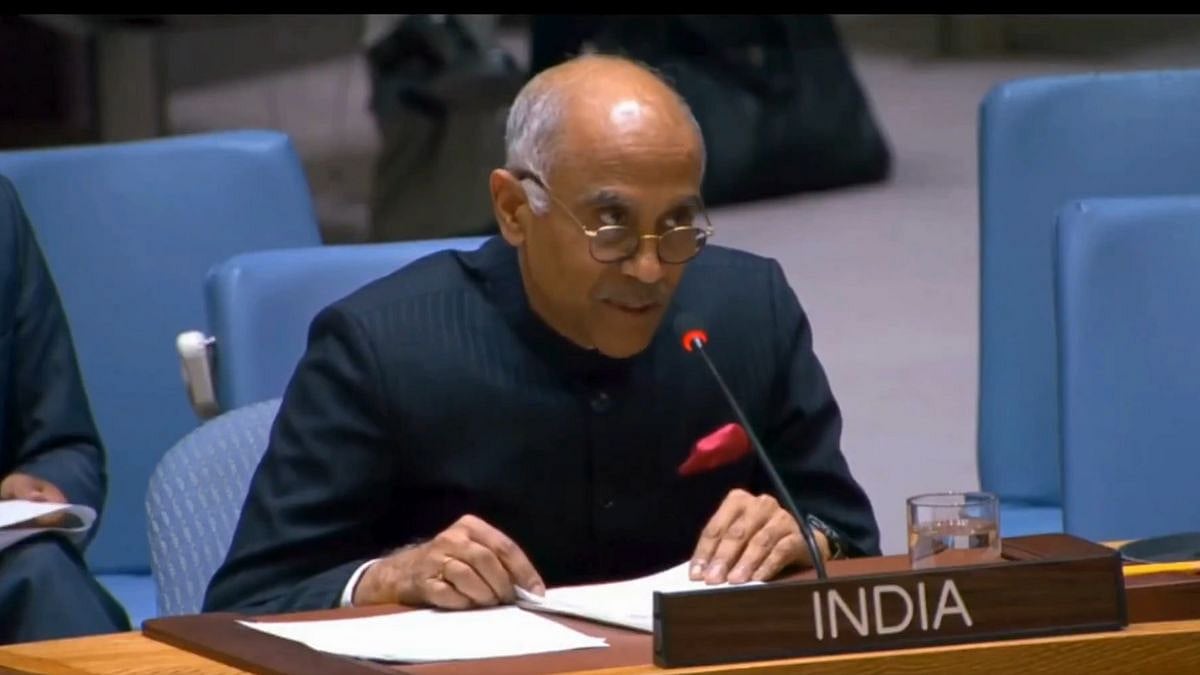The first time I met Piyush
The first time I actually met Piyush properly was when he was coming to an editing room on the same floor as my office to edit some stuff that he wanted to present to his clients. Both of us faced the same problems at that time, which was that whatever we wrote on paper and was slightly original and out of the box, very few clients would actually take the risk of buying into the idea.
Piyush found out that if he did some animatics, giving them an idea of what the ad would actually look like, it would be easier to actually sell it to them. I also used to face the same problem because I had to shoot most of my films twice.
Once the client way and one my way, because I didn't want to sit and argue with them and waste time trying to explain what I was talking about. I'd rather invest that same time in the exercise and just do it twice.
Hindi mei bolo
Piyush was very good in Hindi, even though he was from St. Stephens. As I got to know him, I realized that there was a lot of depth to the man because he had experienced a lot of things in his life- he had been a Ranji Trophy player for Rajasthan and had also joined the Tea Gardens as a tea taster.
As a matter of fact, when I was running the tea center in Churchgate, I invited him as a tea taster to introduce some of my patrons to some of the finest Darjeeling tea.
So we were quite involved for quite some time. We never worked together, unfortunately, but we worked on lots of similar things. Like he worked for Coke, I was with Pepsi. We used to keep telling each other, “Mainei yeh kiya ab tu kya karega.” But there was no bad blood at all, it was all fun and games.
Chocolate and Chaklate
Piyush’s body of work was spectacular, and my body of work was not bad, you know, at the same time. But the influence that he made was that he changed the perception of advertising from English thinking. All of us were running around talking English and trying to write copy and ideating in English. We still do. But the fact was that Piyush actually sat and started ideating in Hindi and convince his clients that Hindi was not down market. But he believed implicitly that the language that you dream in is your mother tongue and that is a language that you should be communicated in because you're most comfortable in it. The belief at that time in advertising was that English is premium and Hindi is down market, he changed that perception completely. And it took a lot of doing, believe me, it wasn't easy. I mean, with that Cadbury's ad, he just changed everything around. Cadbury was premium, and he turned around and gave them a script and said the jingle will be in Hindi. They said, ‘How can you take a premium product and make it in Hindi?’ So he told them some facts about life. He said, ‘You are 3% of market share. Don't you want to grow more than that?’ ‘They said no, we are 90 % market share.’ Piyush said yes, according to you, because there's no other chocolate in the market. ‘You don't think you're competing with the local sweet shop? You are. During Diwali all Indians give a tokri of sweets to their best loved people. You're not competing with other chocolates because they don't exist. You're competing with everybody else that is there in the sweet market. And you're 3% of that market. So unless you stop saying chocolate and start saying chaklate, I'm not going to work for you if you don't appreciate my insights into my own country. And if you think you know more about my country than I do then you do your own thing.’
A bilingual copywriter
In an English speaking profession, he was a champion of Hindi. Woh lar jhagar kei upar aaya hai bhaiya. Nobody gave him anything on a plate. Both Kamlesh Pandey and him were bilingual copywriters and could speak equally good English as they could Hindi. So they refused to translate from English to Hindi. They wrote originally for Hindi. That is the value of a bilingual copywriter. Alque Padamsee had come up with a line in English for Cherry Blossom, ‘Something special is coming your way, Did you Cherry Blossom your shoes today?’ He gave it to his language copywriter, Tandon saab, a famous poet and songwriter, who had retired thinking advertising karkei paisei mil jayengei, not knowing that they are going to give him behuda lines to translate. So he refused to do it, went home and switched off his phone. Now they were getting very desperate. So they begged and pleaded. So he said ‘Mai bus yei likhunga, iskei bad nahi linkhunga’. So he wrote, ‘Chaltei chaltei kismat chamkei’. Now look at what both of them wrote, in English and Hindi. That is what Piyush and Kamlesh introduced to advertising- original thinking in vernacular. So it wasn't an easy battle.
As told to Kabir Singh Bhandari










